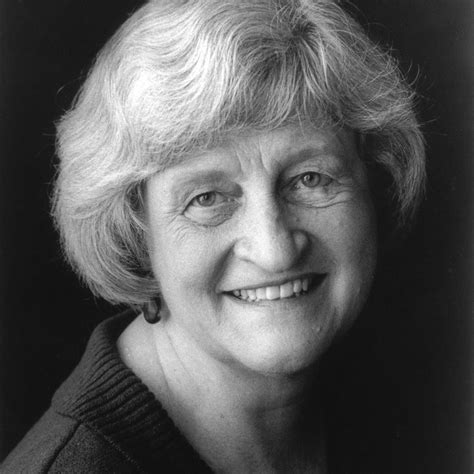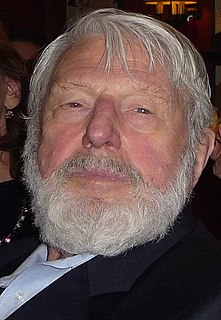A Quote by Steven Pinker
There's guilt about our treatment of native peoples in modern intellectual life, and an unwillingness to acknowledge there could be anything good about Western culture.
Related Quotes
When Europeans arrived on this continent, they blew it with the Native Americans. They plowed over them, taking as much as they could of their land and valuables, and respecting almost nothing about the native cultures. They lost the wisdom of the indigenous peoples-wisdom about the land and connectedness to the great web of life...We have another chance with all these refugees. People come here penniless but not cultureless. They bring us gifts. We can synthesize the best of our traditions with the best of theirs. We can teach and learn from each other to produce a better America.
We're very good at talking about the individual in American politics and excellent at talking about the government. But we have little ability to even acknowledge everything that exists in the middle, and given how influential politics is on every other part of our life, I think that failure of discourse is pretty corrosive to our overall culture.
Modern civilization is largely devoted to the pursuit of the cult of delusion. There is no general information about the nature of mind. It is hardly ever written about by writers or intellectuals; modern philosophers do not speak of it directly; the majority of scientists deny it could possibly be there at all. It plays no part in popular culture: no one sings about it, no one talks about it in plays, and it's not on TV. We are actually educated into believing that nothing is real beyond what we can perceive with our ordinary senses.
At the beginning of my career as a writer, I felt I knew nothing of Chinese culture. I was writing about emotional confusion with my mother related to our different beliefs. Hers was based in family history, which I didn't know anything about. I always felt hesitant in talking about Chinese culture and American culture.
We have huge holes in our education in the West. I think that we have little knowledge of Asian history. If you ask a well-educated, modern Western person about World War II, most will think that the theatre of war was only in Europe. But it's known that the Pacific War was going on concurrently, and we don't know anything about it.
Where it is the majority religion, Islam does not recognize religious freedom, at least not as we understand it. Islam is a different culture. This doesn't mean that it's an inferior culture, but it is a culture that has yet to connect with the positive sides of our modern Western culture: religious freedom, human rights and equal rights for women.





































